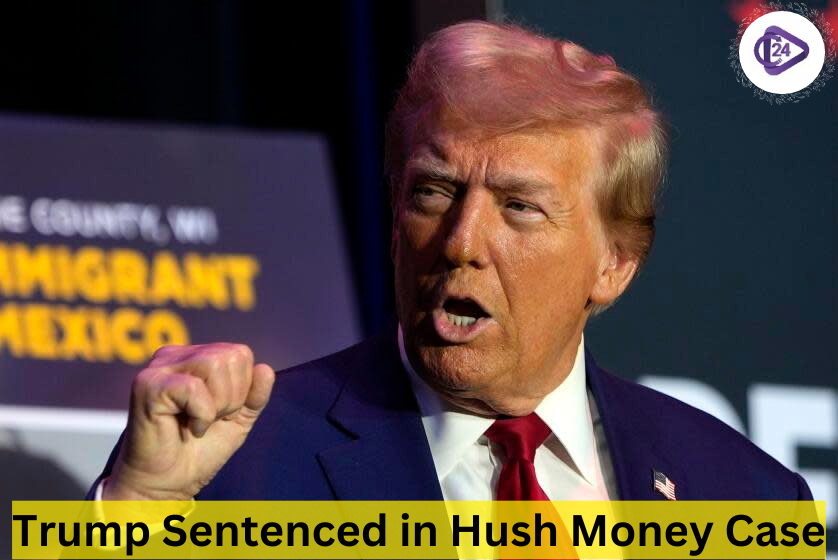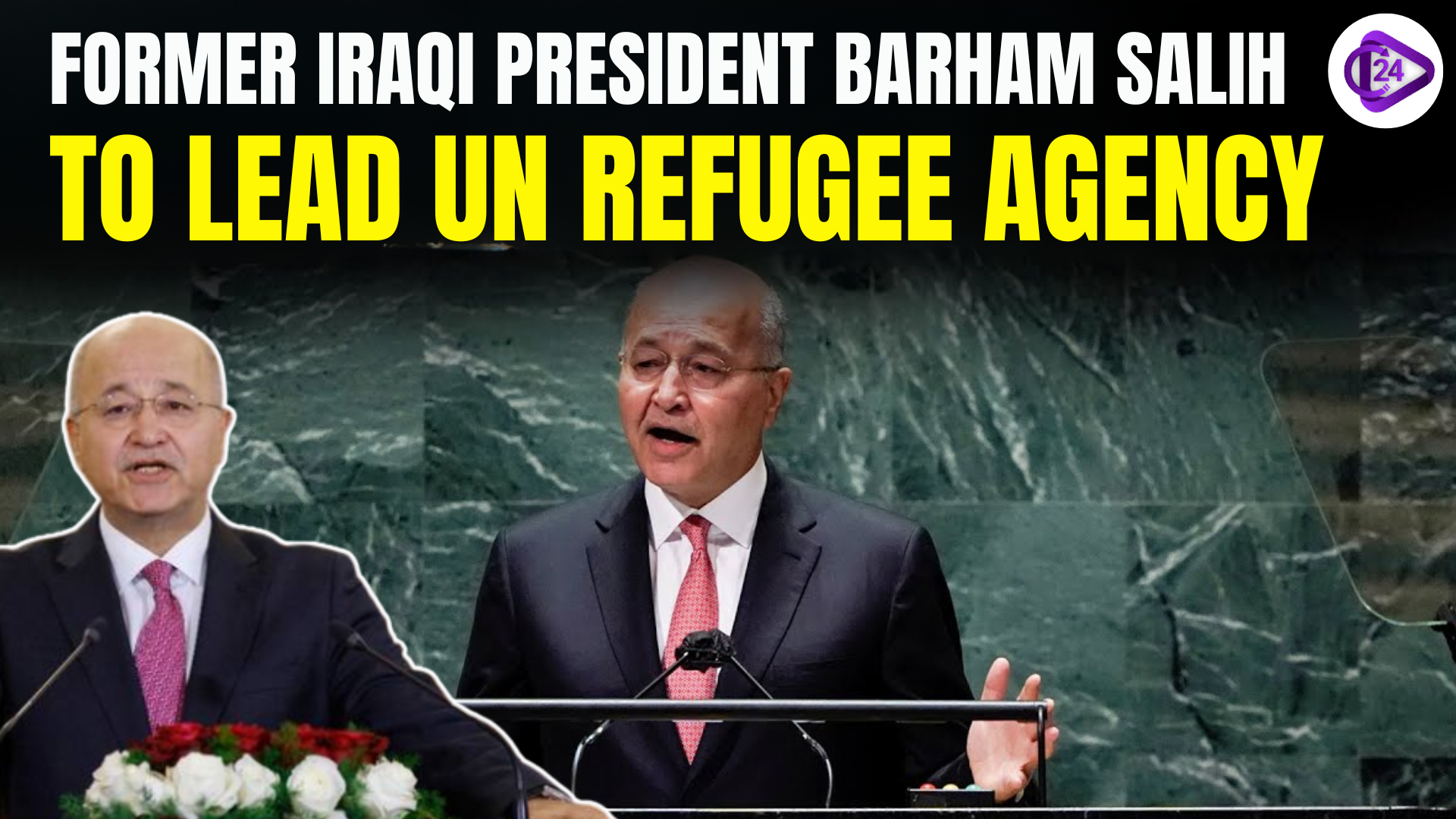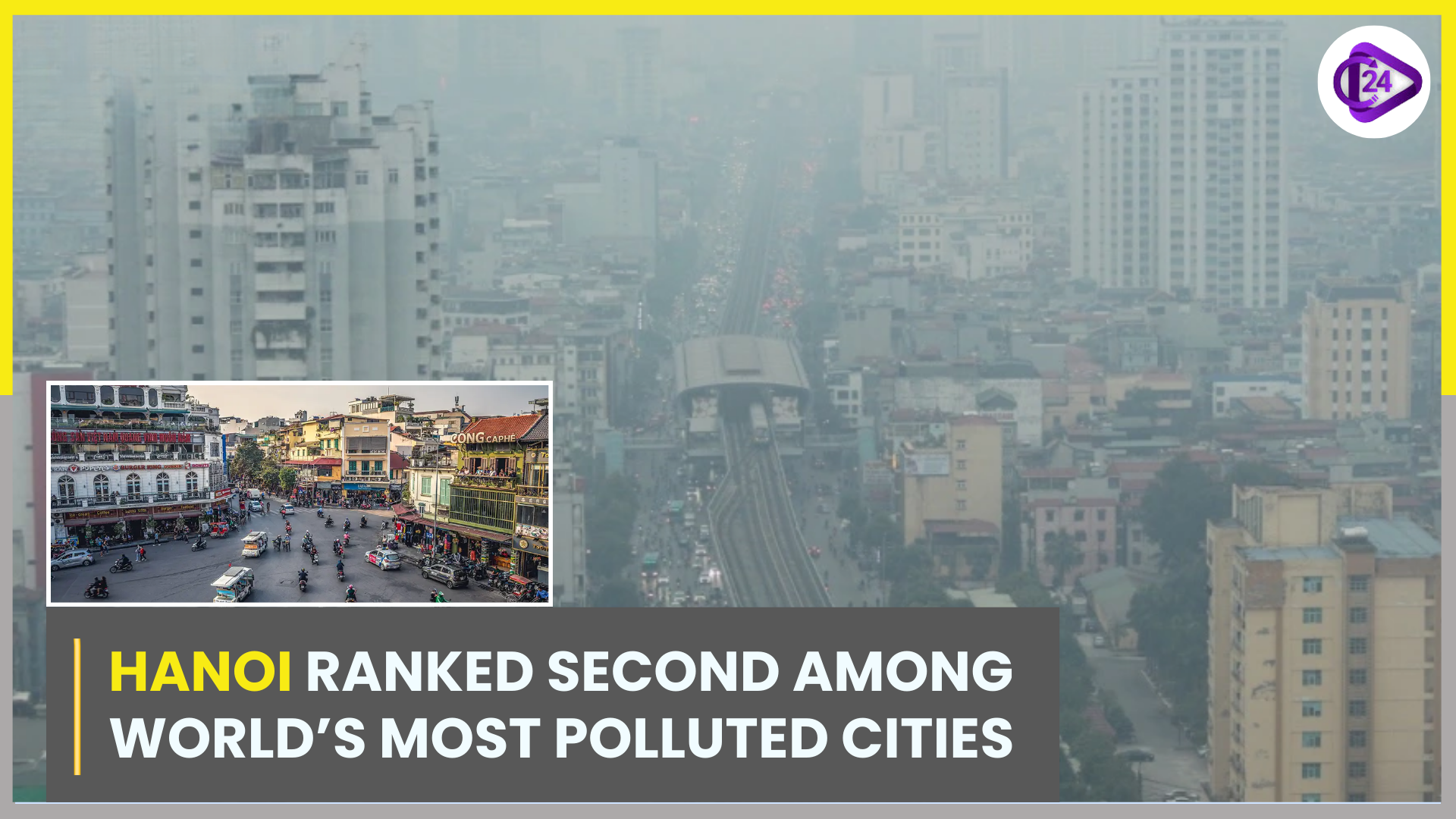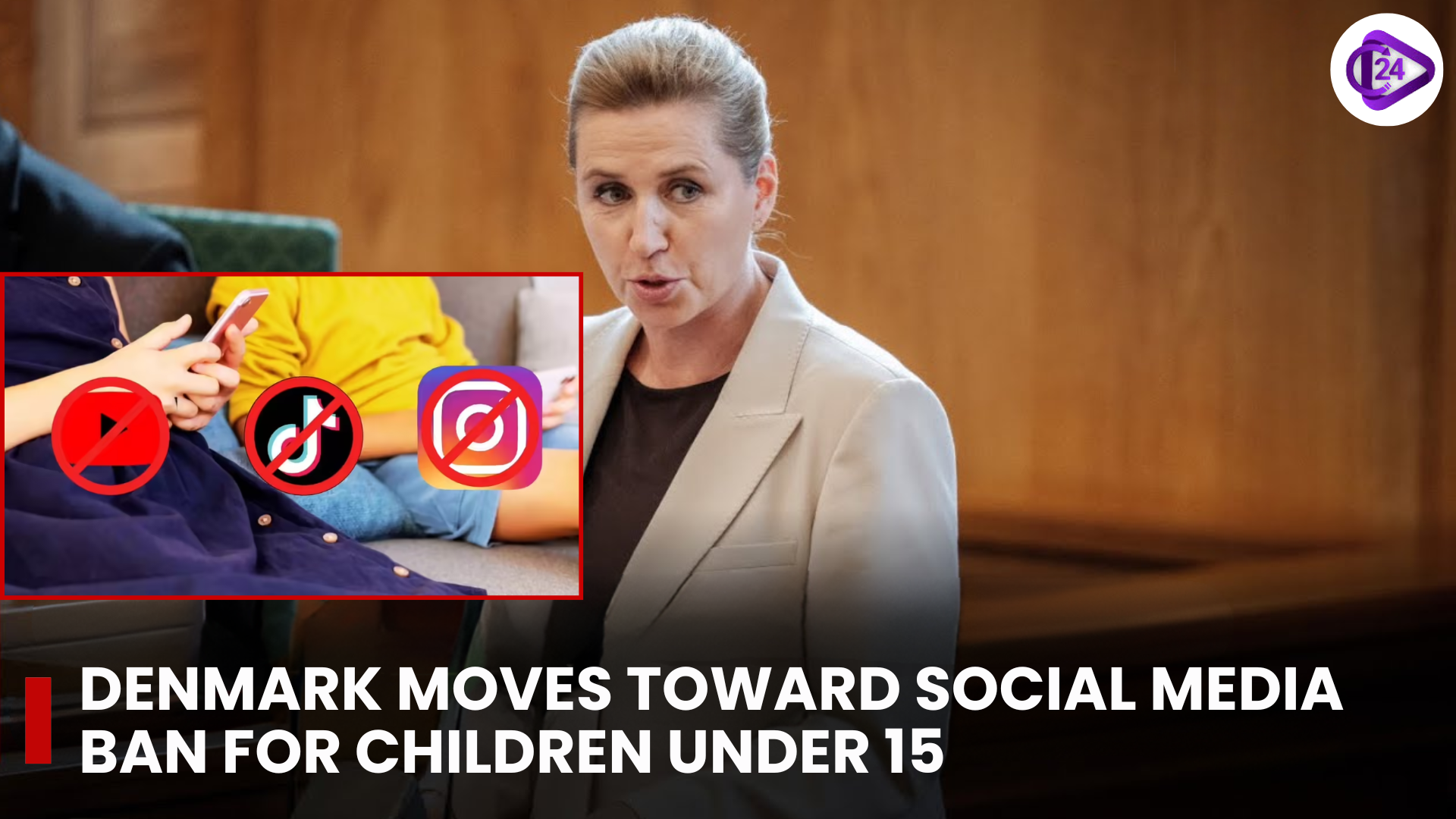
For a sentencing hearing of the criminal case concerning hush money payment to adult film star Stormy Daniels US President-elect Donald Trump appeared virtually on January 10, 2025. This case has excited the nation because Trump is charged with multiple counts touching on the covering up of payments made during the 2016 presidential campaign. After his conviction in 2024 on 34 counts of business fraud, Trump was discharged by a Manhattan court with “unconditional discharge,” making a historical move in American political history.
The Conviction and Sentence
Trump’s conviction comes from $130,000 that he paid Stormy Daniels before the 2016 elections to keep silent about an affair they had before he became the businessman. The money was sent through Trump’s attorney Michael Cohen and intended to hush up the scandal. Trump was found guilty in 2024 on 34 counts concerning fraud involving payment records to cover the nature of the payments.
Although the felony conviction means that Trump was and is a convicted felon, he has been given an “unconditional discharge”.This is equal to no jail time, no fines to pay, and no probation. Judge Juan Merchan stated that though Trump would have received a stiff sentence as any other citizen, he was enjoying immunity due to his status as a president-elect.
The President Donald Trump’s Era and the Legal Consequences
Trump’s sentence does not bar him from assuming the presidency. Indeed, he will be the first president to assume office in that capacity and have a criminal charge awaiting his trial. This has tremendous consequences both for Trump as a candidate as well as for the nature of the political process.
Can Trump Vote?
For instance, Trump is a convicted felon in New York, although he can still vote there; he is registered to vote in Florida. Florida law makes it possible for the people’s voting rights to be reinstated once the person has finished serving their time, so technically Trump has a vote.
Golden Triad Guns Rights and Other Restrictions
There are also federal laws that state that felons cannot own any kind of firearms. This means that Trump cannot own guns, even though he is now a president. Moreover, Trump’s conviction may affect any of his activities in companies that need particular licenses. He will not be able to obtain liquor licenses, but his golf courses and hotels remain free to sell alcohol. His experience in the casino business may not therefore be immense.
Can Trump Hold Office?
While Trump has been convicted as a felon, there are no laws in the United States that bar a person with a felony conviction right to be president. This is significant because even though he was convicted Trump will still be eligible to assume the presidency on January 20, 2025.
Pardon Prospects
The only one who can release Trump for this conviction is the Governor of New York, Kathy Hochul. Since the woman is a Democrat, there is no probable way that she would agree to issue a pardon, not to mention the case's high profile.
Tourism and Foreign Policy
The situation is that Trump having been elected to the presidency will be allowed to travel internationally with a diplomatic passport as opposed to an official one which, unlike the latter, grants its bearer privileges that cannot be extended even to convicts of felonies. This enables him to carry on his international activities or secure his diplomatic immunity during his stay in office.
Legal safeguards have never been seen before
In his decision, Judge Merchan observed that Trump was convicted of a crime of very high profile, which is an extraordinary case just because the position of the president comes with so many legal immunities. These are privileges like the immunity of the president and supremacy of its laws and regulations so all laws against the president cannot be enacted while he is in power.
Work is art, politics is a game, a historic and polarizing moment.
Trump’s conviction and sentencing further are the unique moments in American political history. Never has a president-elect come into office with a felony record in his portfolio. This could cause massive development that would affect the nation’s legal and political framework in the long run.
Even when Trump is ready to declare his comeback, the legal aspects of his conviction will be a topic to discuss. His admirers regard the allegations as politically instigated; those considering him an adversary suggest the law cannot allow him to go scot-free. In either case, this case is a useful example of the relationship between law and politics in present-day America.
If Trump is inaugurated as the president on January 20, 2025, the country will be waiting to see how the legal proceedings will go in the next few months as well as whether his presidential presidency can proceed without trials.
Conclusion
Donald Trump’s “unconditional discharge” in the hush money case highlights an extraordinary intersection of law and politics. As the first president-elect with a felony conviction, this unprecedented event could have significant implications for the U.S. legal and political framework. Trump's presidency will likely remain under intense scrutiny, shaping debates on accountability and the privileges of high office.



 Trump Announces New ‘Trump-Class’ Battleships for US Navy
Trump Announces New ‘Trump-Class’ Battleships for US Navy China Overtakes OPEC+ as the Main Oil Price Maker
China Overtakes OPEC+ as the Main Oil Price Maker India Nears $450 Million BrahMos Missile Export Deals with Vietnam and Indonesia
India Nears $450 Million BrahMos Missile Export Deals with Vietnam and Indonesia Japan Restarts Kashiwazaki-Kariwa Nuclear Power Plant
Japan Restarts Kashiwazaki-Kariwa Nuclear Power Plant Google Launches Its First-Ever Credit Card in India on RuPay
Google Launches Its First-Ever Credit Card in India on RuPay Italian Cuisine Becomes World’s First to be Awarded UNESCO Status
Italian Cuisine Becomes World’s First to be Awarded UNESCO Status Former Iraqi President Barham Salih Takes Charge of UN Refugee Agency
Former Iraqi President Barham Salih Takes Charge of UN Refugee Agency Hanoi Trails Only Delhi on the List of the World’s Most Polluted Cities
Hanoi Trails Only Delhi on the List of the World’s Most Polluted Cities Denmark Moves Toward Social Media Ban for Children Under 15
Denmark Moves Toward Social Media Ban for Children Under 15 Israel Marks ‘Yellow Line’ as Fresh Boundary in Gaza Amid Ceasefire
Israel Marks ‘Yellow Line’ as Fresh Boundary in Gaza Amid Ceasefire






